10 most useful resources for IELTS reading
10 most useful resources for IELTS reading

The IELTS Reading test is tough, and the biggest problem is that we hardly ever read the type of texts that we have to read in IELTS.
IELTS reading passages are authentic passages usually taken from books, magazines and newspapers. They can often contain intricate language, and a wide range of academic vocabulary and sometimes may come with some kind of illustration like diagrams, maps, etc.
Here are the top 10 recommended sources to keep your eyes on.
1. Cambridge IELTS Test Books
The best resource, to begin with, is one of the official Cambridge IELTS Practice Test Books.
I suggest devoting most of your effort to studying the format and structure of the IELTS exam. I’d recommend reading the most current one first (Book 17) and working your way backward till book 9. The books before these are somewhat old and are not relevant anymore.
The official IELTS websites also provide free practice exams. Check out the links below.
2. New Scientist
Over the years, I’ve searched a number of IELTS Reading questions, and I’ve noticed that many of them are adapted from passages in New Scientist magazine. For example, Cambridge Book 15 Test 3 Passage 3 is taken from the article below. Not that you will, by chance, read the article before your ielts exam, but you will develop the habit of reading this kind of articles which will empower you with such vocabularies, sentence structures and article flavour.
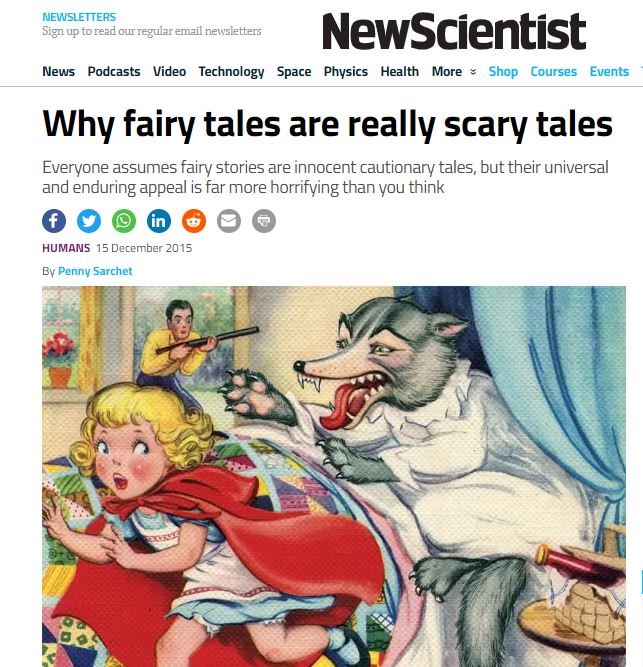
3. BBC News
BBC uses academic vocabulary and perfect collocations to glue you into its content. For IELTS reading passages like Book 15 Test 4 Passage 2: A whistling language, Silbo gomero, BBC could be a great source.
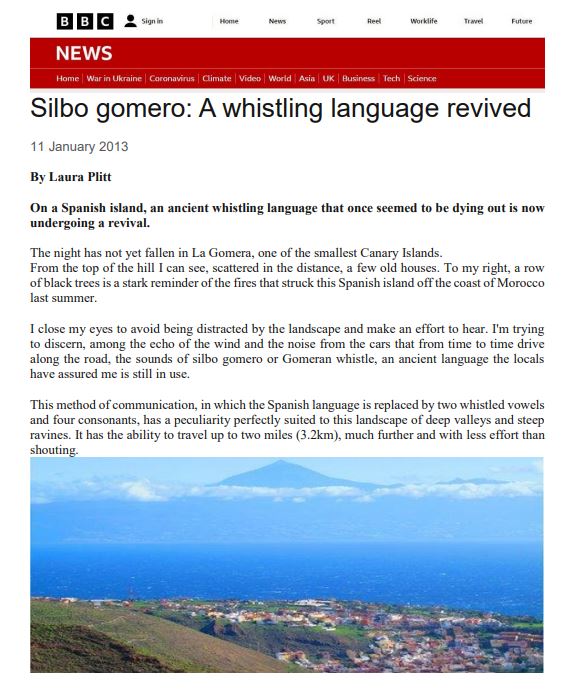
4. Live Science
Another reading passage (Book 16, Test 1, Passage 2) can be traced in Live science magazine. So this is another reliable source for reading practice.
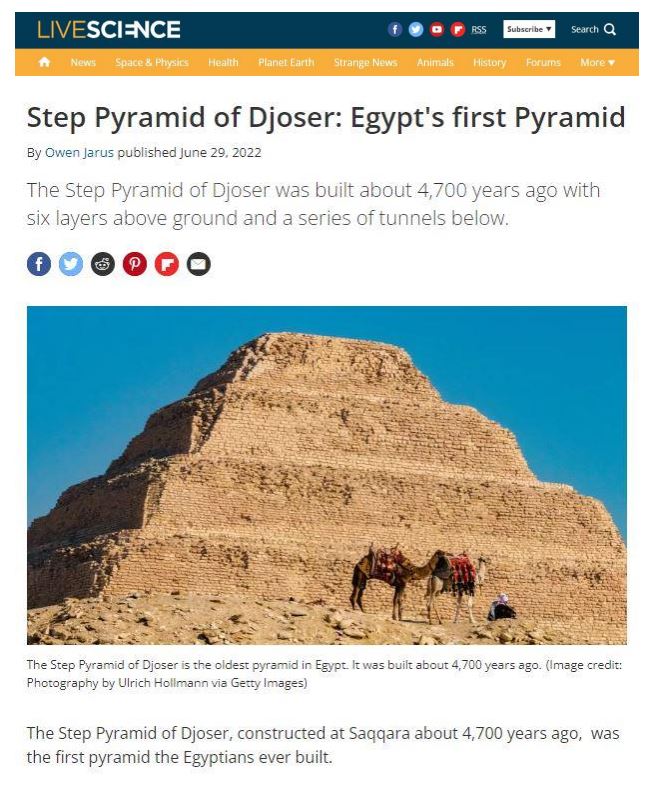
5. World History Encyclopedia
Quite a few IELTS Reading passages were taken from this site.
For example
- The White Horse of Uffington (Book 16 Test 2 Passage 1)
- Roman Shipbuilding (Book 16 Test 3 Passage 1)
6. The Independent
This newspaper prides itself on being unbiased, and provides a variety of scientific, evidence-based articles which are perfect for IELTS.
I found these texts there:
- The Huarango (Book 15 Test 4 Passage 1)
- Climate change reveals ancient artefacts in Norway’s glaciers (Book 16 Test 3 Passage 2)
7. National Geographic
Even though you’re encouraged to join up for the premium membership, you may access many of the articles for free. Many of the IELTS readings have an Australian focus, so you can check out some articles from Australian Geographic.
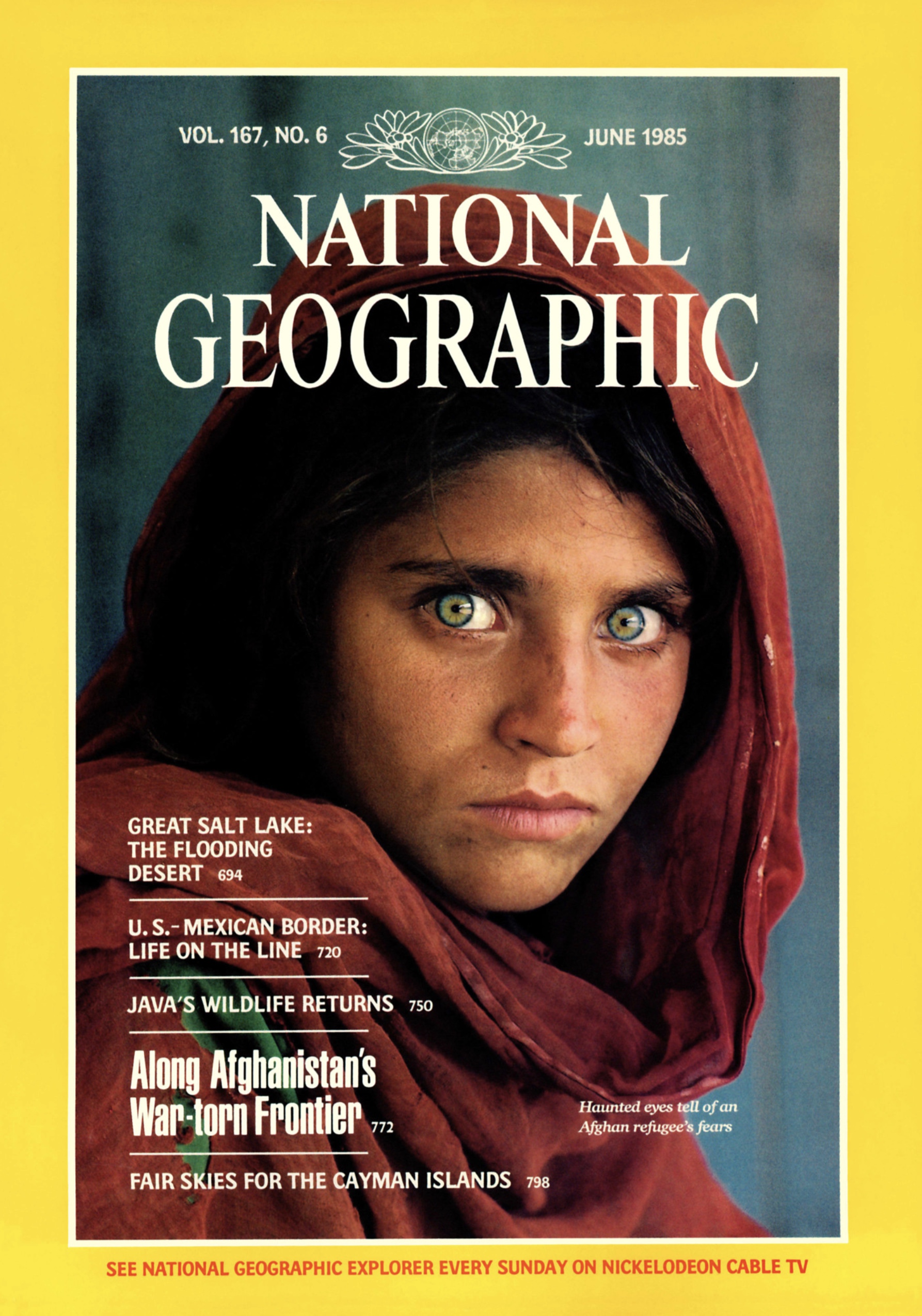
8. The Economist
The Economist is deemed a top-notch user of the English language. In IELTS, there are often articles related to business and the economy like this one about the Future of Work (Book 16 Test 1 Passage 3). The Economist is the king when it comes to these types of articles.
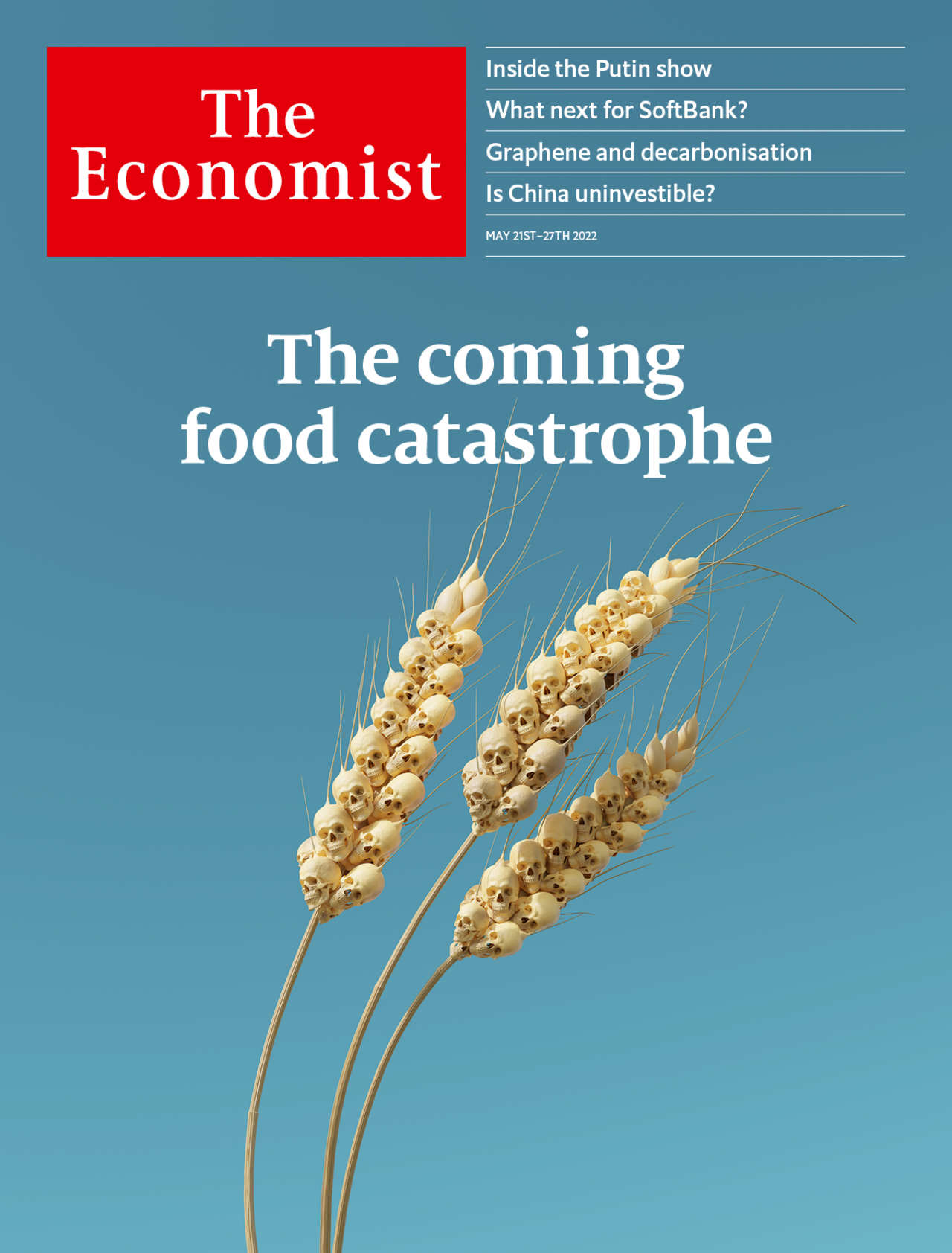
9. Time
Time magazine is known for its long notorious sentences combining various clauses. If you are habituated to the articles of Time, it will be easier for you to catch up with IELTS articles.

10. Other science sites/magazines
There are quite a few science magazines and websites and new ones are burgeoning. Keep your eyes on good quality science and environment sites. See these ones.
- The Scientist
- Scientific American
- Science Focus
- Science Daily


